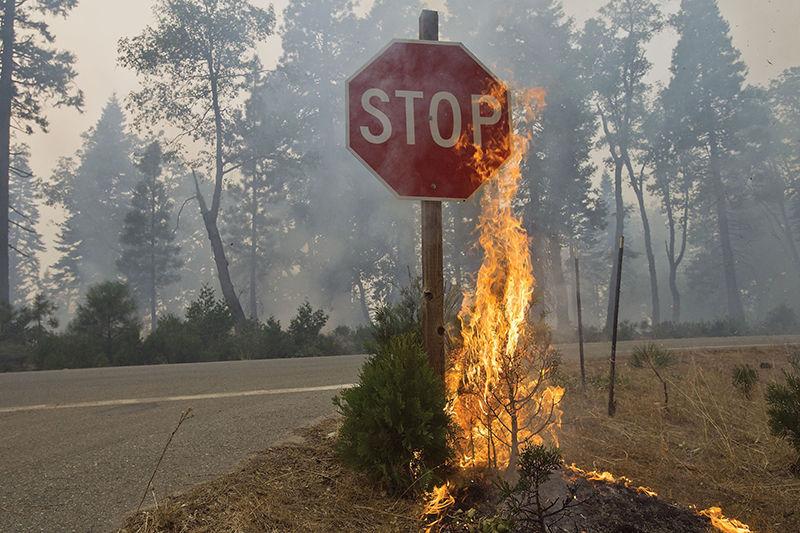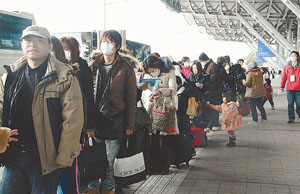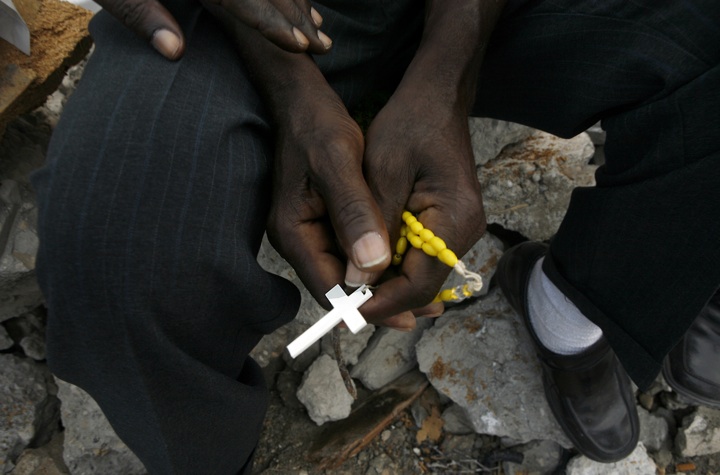
Students uninformed about campus evacuation plans
Randall Benton- McClatchy Tribun
• September 24, 2014

Leaving Japan: best option for students abroad
Kelly Walters
• April 12, 2011

Campus-wide forum to address Haiti earthquake
Timothy Sandoval
• February 20, 2010
Load More Stories




























































































































